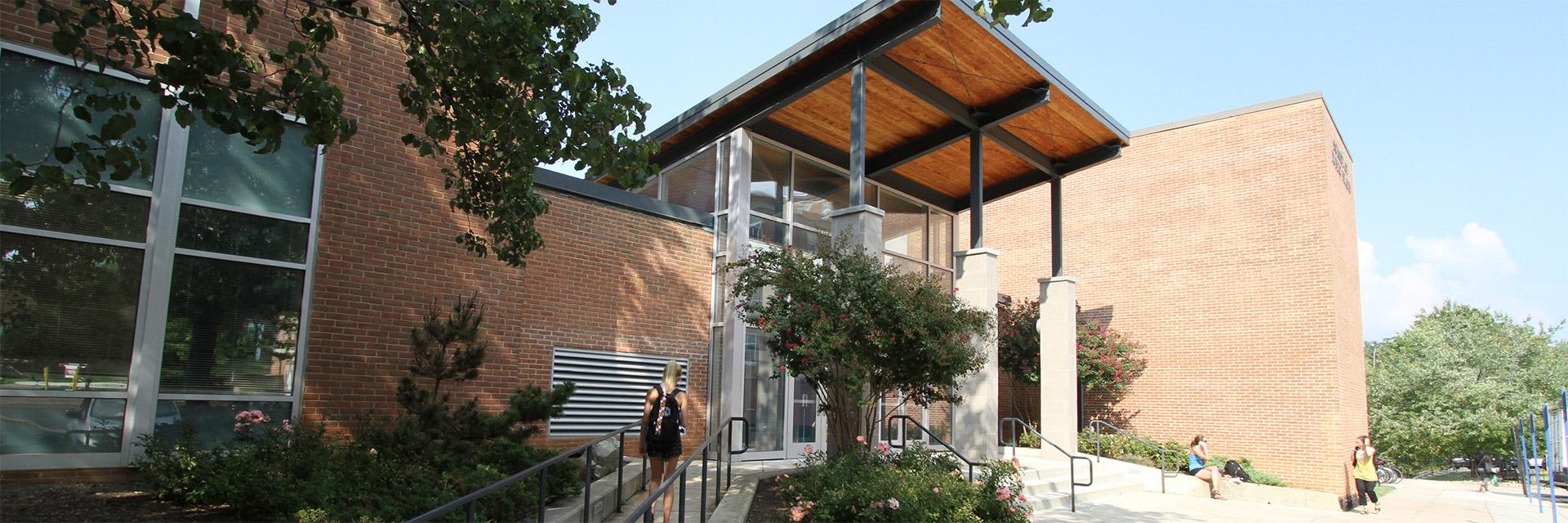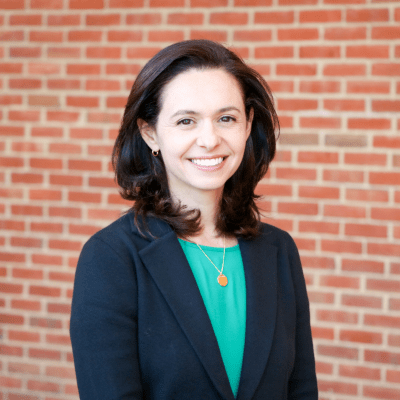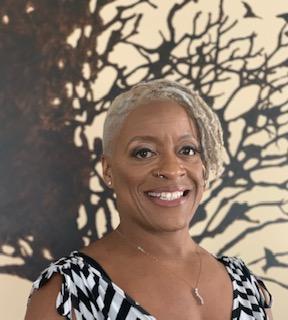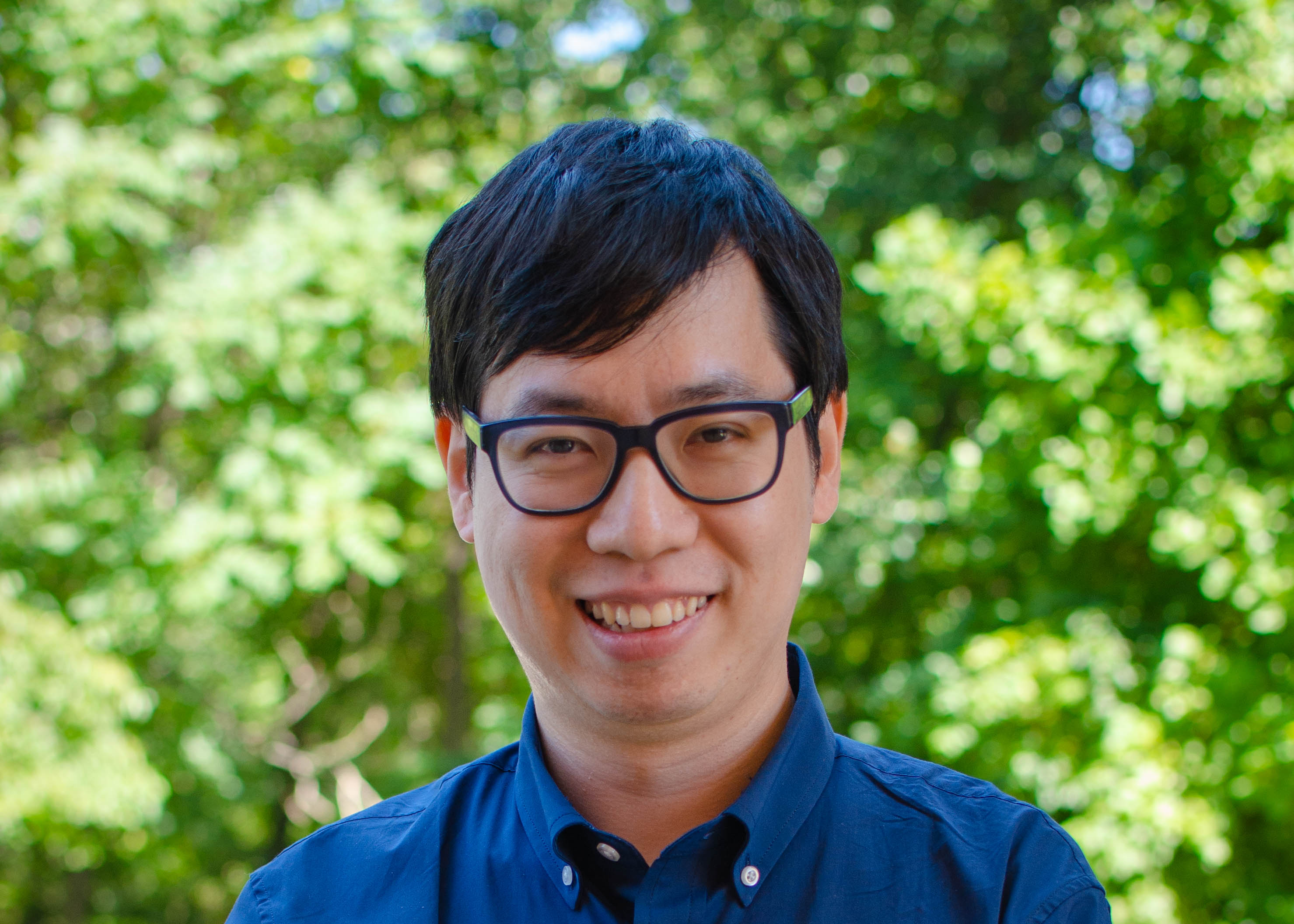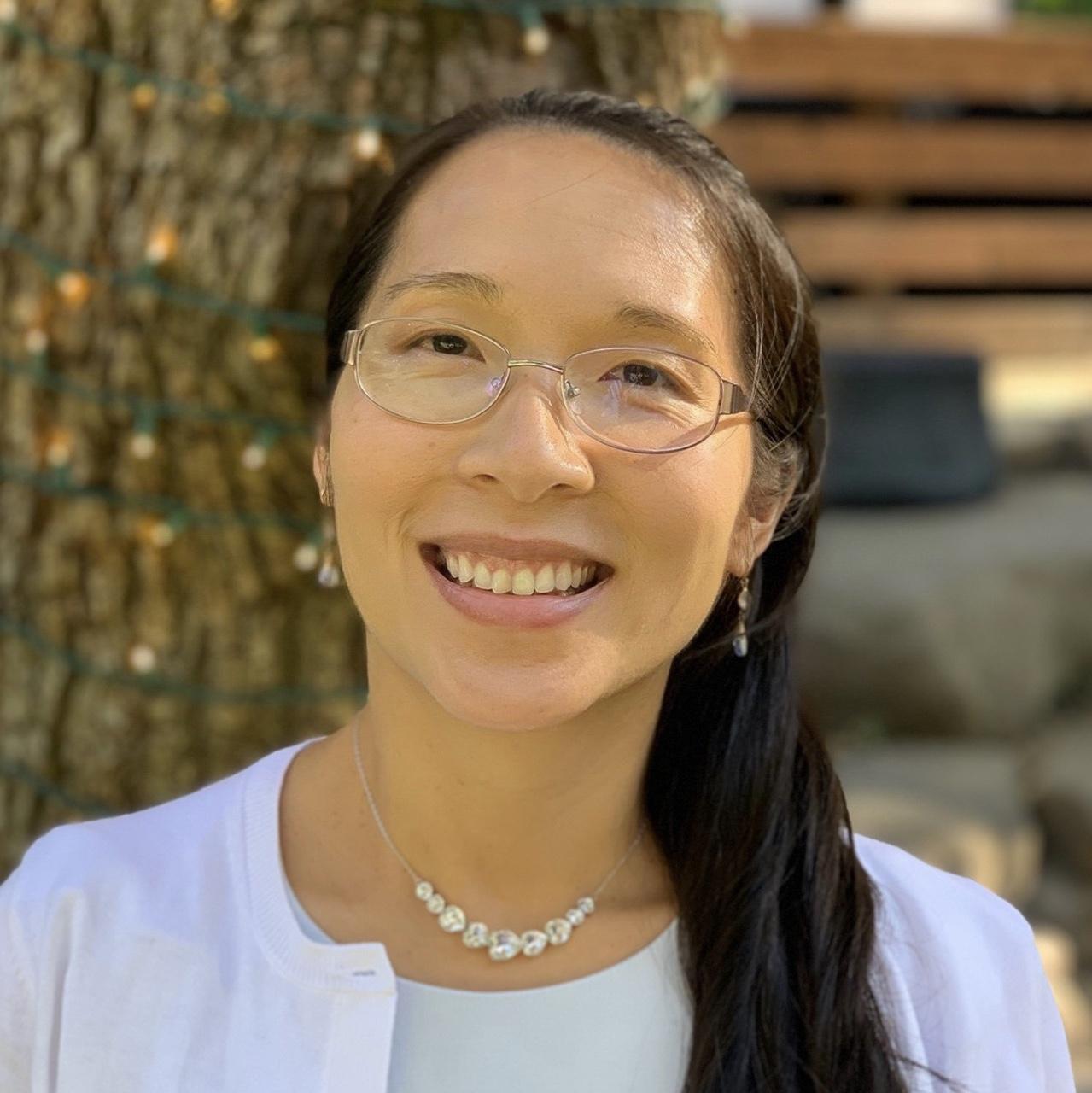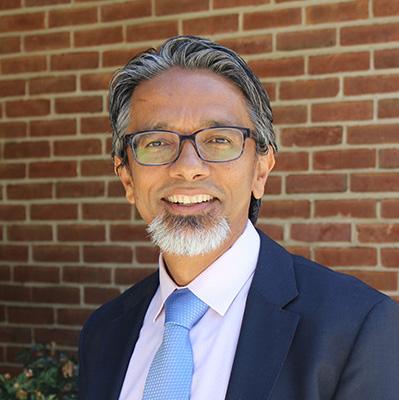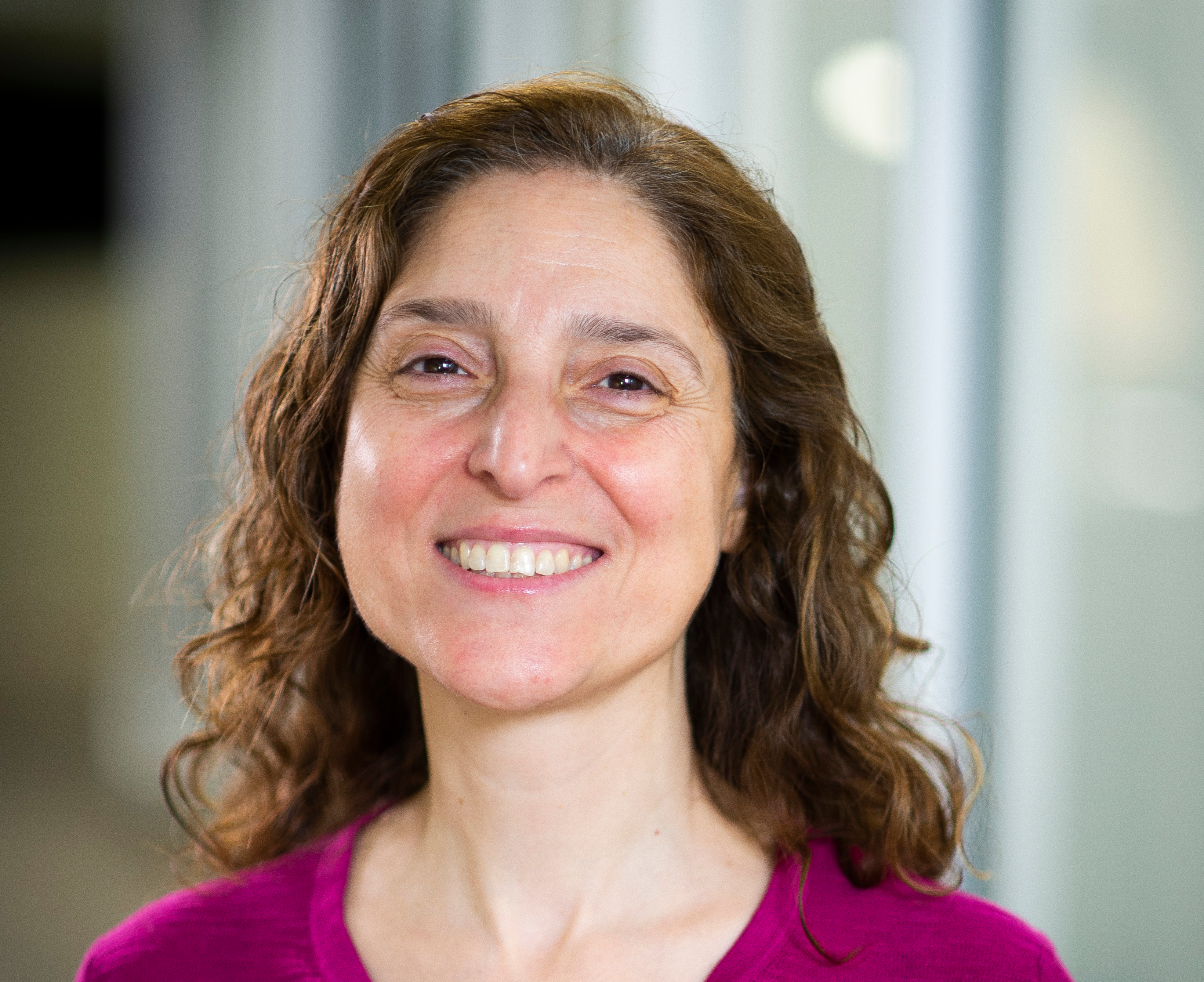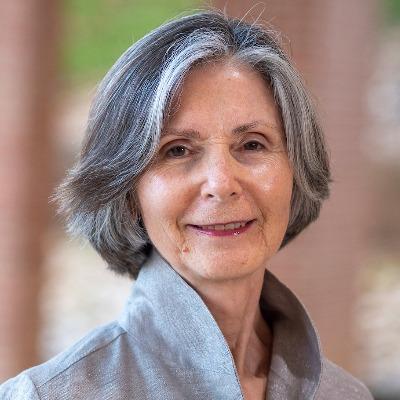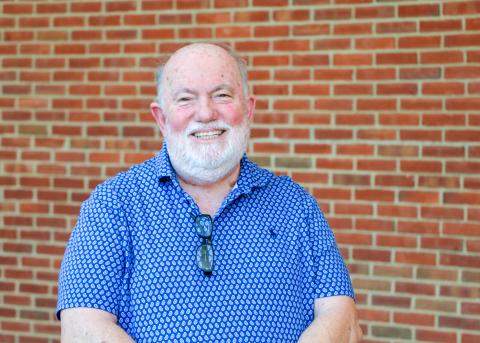Our Core Faculty and Staff
Our Affiliate and Joint Appointment Faculty
Steven Ault, Lecturer
As an Adjunct Lecturer/Instructor, Steven Ault teaches infectious disease epidemiology, global health and program and project policy planning and evaluation part-time. He is a public health biologist with over 30 years of technical, supervisorial and managerial experience in international public health and development programs and projects, principally in Latin America and the Caribbean. Ault retired from PAHO/WHO in 2015 after 20 years of service, lastly as Senior Advisor for Neglected Infectious and Tropical Diseases.
Areas of Interest: Tropical Infectious Diseases; Global Health; Zoonoses and One Health; Field Epidemiology; Latin America and the Caribbean
Robin E. Mockenhaupt, PhD, MPH, MBA, Adjunct Professor
Dr. Robin E. Mockenhaupt is a national philanthropic and non-profit leader in population health, with a lifespan focus from maternal and child health to healthy aging. She is an independent consultant in philanthropy and non-profit management. Robin previously worked for the Robert Wood Johnson Foundation (RWJF), AARP, and other non-profit organizations in the Washington, DC area.
Contact: remconsult4u@gmail.com
Areas of Interest: Social determinants of health, neighborhood and community health outcomes, aging, and health equity.
Robin Puett, Professor
Dr. Robin Puett is an environmental epidemiologist and Associate Professor in the UMD School of Public Health's Maryland Institute for Applied Environmental Health with tenure in the Department of Epidemiology and Biostatistics. Her research and teaching interests are at the intersection of environmental stressors, chronic disease and wellbeing. Her research explores air pollution exposures with chronic disease and examines the potential of integrative health modalities to offset the impacts of psychological and environmental stressors.
Areas of Interest: Integrative (or Mind/Body) Health; Air Pollution Exposures; Environmental Epidemiology; Chronic Disease Epidemiology
Thomas Sinks, PhD, Adjunct Professor
Dr. Sinks has extensive experience in applied epidemiology, environmental and occupational health, preparedness and response, scientific integrity, public access to Federal research data, and human subjects research regulations. He retired from Federal service having worked thirty-five years at the Centers for Disease Prevention and Control and the Environmental Protection Agency. He is also an Adjunct Professor in Environmental and Occupational Health at the Rollins School of Public Health, Emory University.
Areas of Interest: Environmental, occupational, preparedness and emergency response epidemiology; Guidelines and practices for access, and management of public-use datasets. Scientific integrity and human subjects research ethics
Yulei He, PhD, Adjunct Faculty
Yulei He is the chief of the mathematical statistics branch at the National Center for Health Statistics (NCHS), U.S. CDC. In his current role, Yulei is overseeing the mathematical statistical group to conduct statistical methodological research and collaboration/support for NCHS and CDC. His own research and application interests include missing data analysis, survey statistics, Bayesian statistics, causal inference, machine learning, and their applications to public health and medical research. Yulei obtained Ph.D. in biostatistics from University of Michigan with a graduate student internship experience at Pfizer. Upon graduation, he had worked as a post-doc and biostatistics faculty member in Harvard Medical School prior to working in NCHS. Yulei enjoys teaching and sharing his experiences in biostatistics and public health with students and colleagues from UMD.
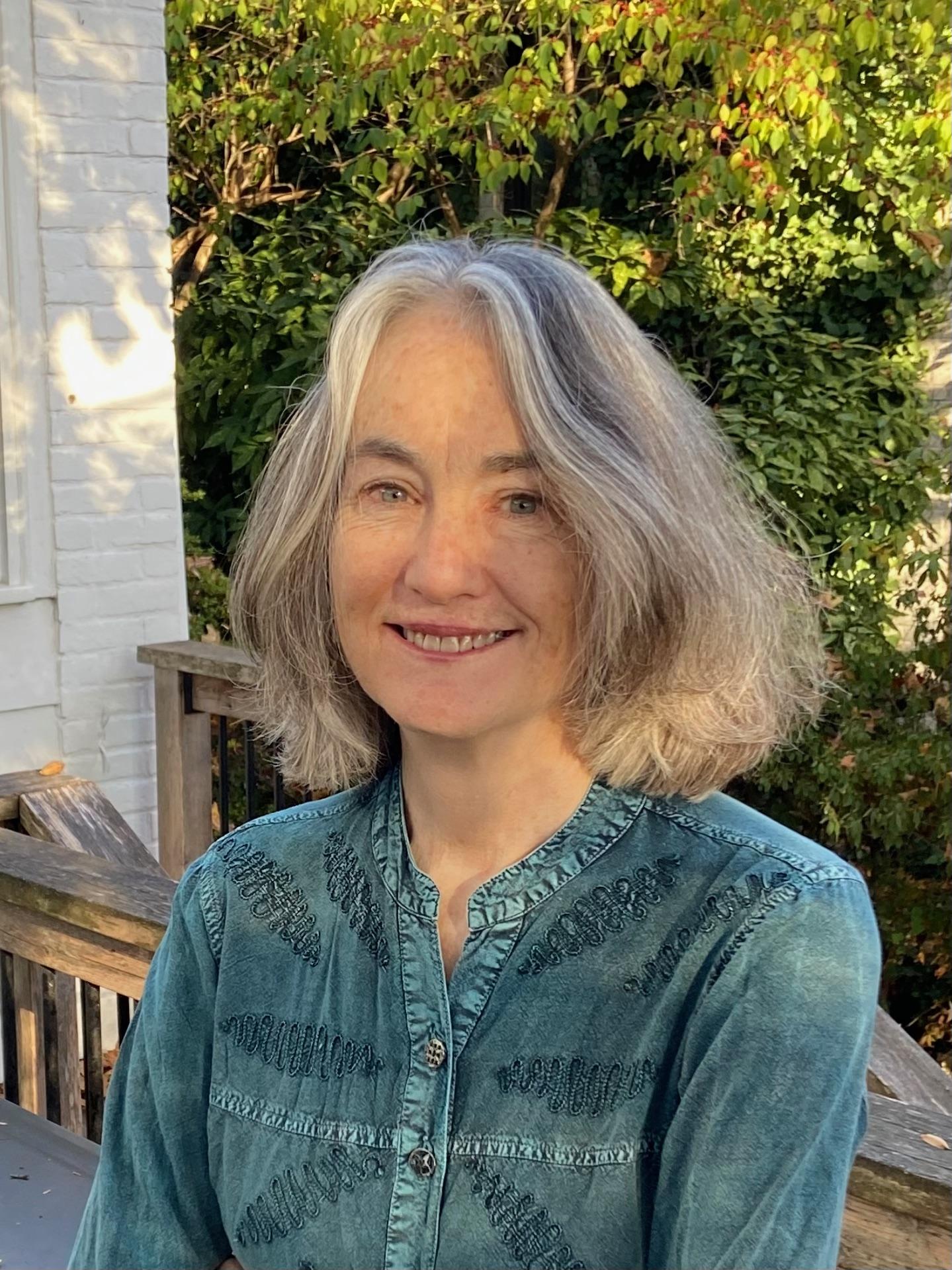
Jennifer Parker, PhD, Adjunct Faculty
Dr. Jennifer Parker retired from the National Center for Heath Statistics, Centers for Disease Control and Prevention, in 2024 after 29 years of federal service. From 2017-2024 she was the NCHS Director of the Division of Research and Methodology where she led a diverse program of statistical, data science, and methodological studies and the NCHS Research Data Center, where researchers can access restricted use data. She was a member of the Federal Committee on Statistical Methodology, an interagency committee dedicated to improving the quality of federal statistics. In addition to federal statistics, Dr. Parker’s research interests include environmental health, blended data, and responsible use of AI. She received her Ph.D. in Biostatistics rom the University of California at Berkeley and completed a post-doctoral fellowship in Health Policy Studies at the University of California San Francisco.
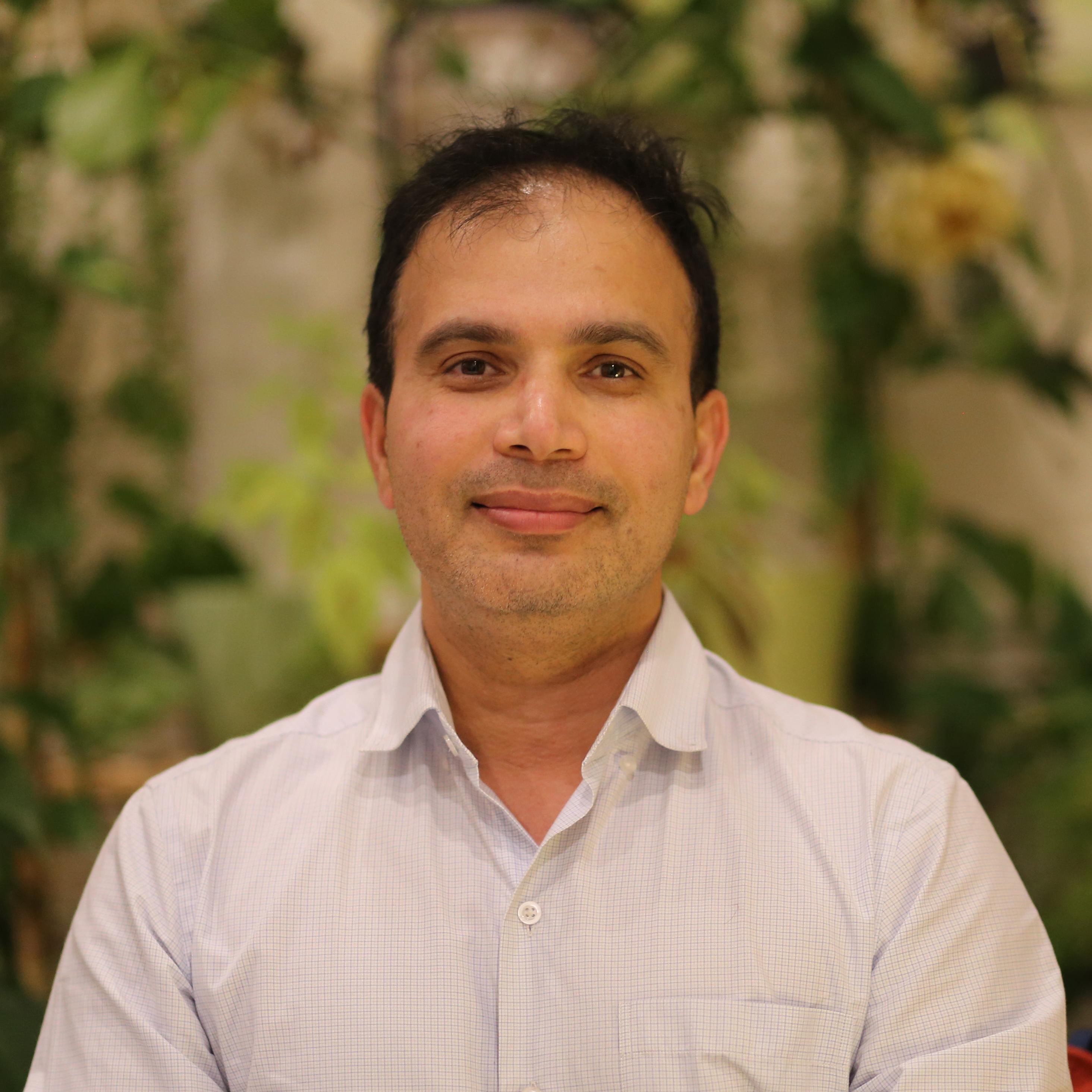
Kumar Mainali, PhD, Adjunct Faculty
Dr. Kumar Mainali holds a Ph.D. in ecology, evolution, and behavior, along with an MS in statistics from The University of Texas at Austin. His research career spans diverse fields, including conservation biology, ecology, biogeography, climate change, vector-borne diseases, human microbiome, behavior, and remote sensing. He applies cutting-edge technology of machine learning and AI to predict complex systems, mathematical tools to solve fundamental questions in ecology and biogeography, and sophisticated statistical tools to understand processes, patterns, and mechanisms in ecology and earth systems. His deep-learning based AI solutions for conservation challenges received wide media and governmental attention. His novel statistical tools and parameter, published in Science Advances, address a long-standing scientific challenge. Additionally, he contributed to one of the earliest applications of formal causal models in human microbiome analysis.With around 40 published research papers, Dr. Mainali has secured over $1.1 million in research funding, and his conservation work has been cited in Senate hearings, contributing to the passing of the Great American Outdoors Act. He has taught machine learning to graduate and undergraduate students at the University of Maryland, College Park. He also recently served as a guest editor for a Journal of Biogeography special section on emerging technologies.
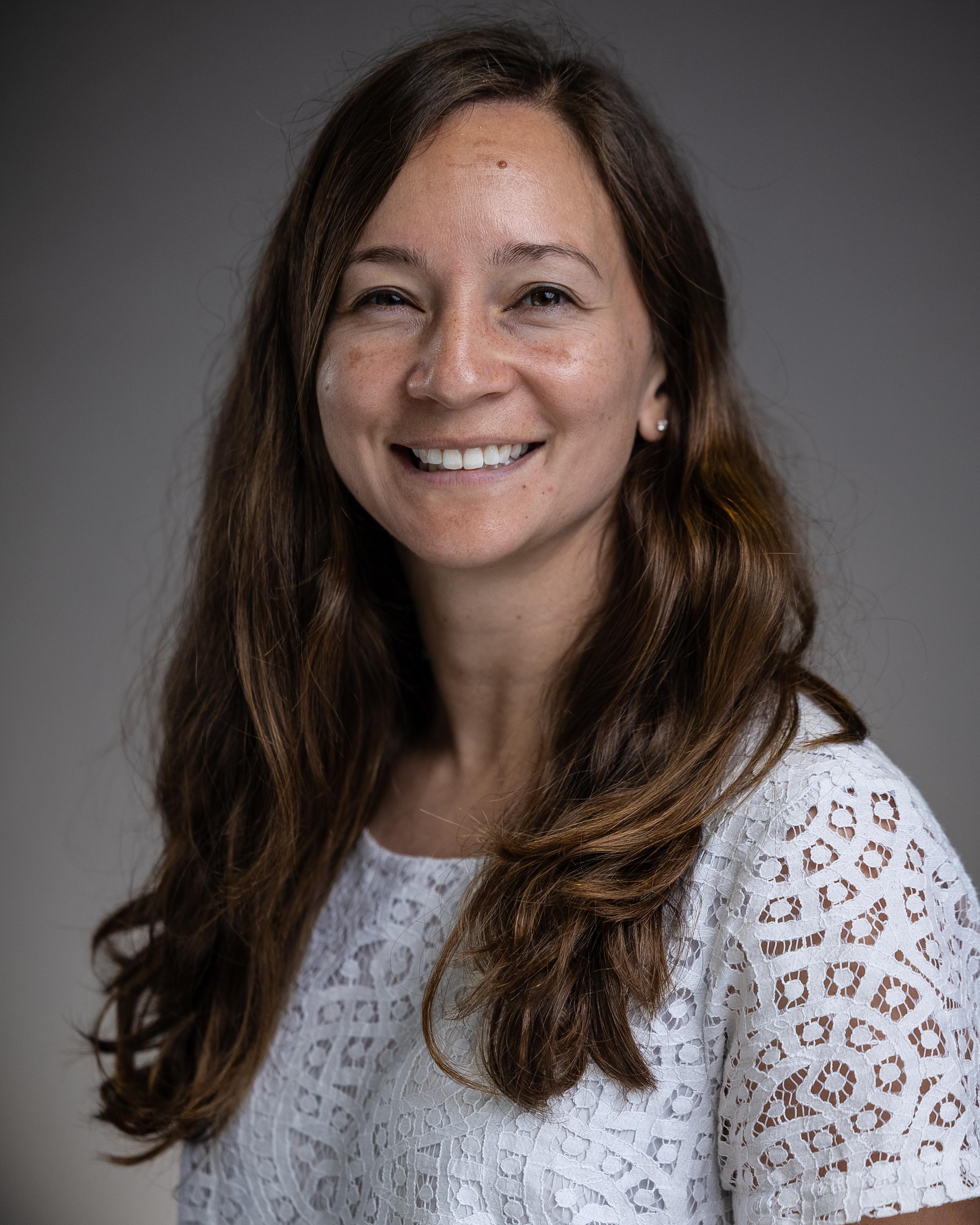
Katherine Irimata, PhD, Adjunct Faculty
Dr. Katherine Irimata is a mathematical statistician at the National Center for Health Statistics (NCHS), Centers for Disease Control and Prevention, where she leads the statistical methodology and weighting for two of NCHS’s web-based panel surveys. Her research interests include online surveys, nonprobability surveys, alternative data sources, survey methodology, and causal inference. Dr. Irimata received her Ph.D. in statistics from Arizona State University.
